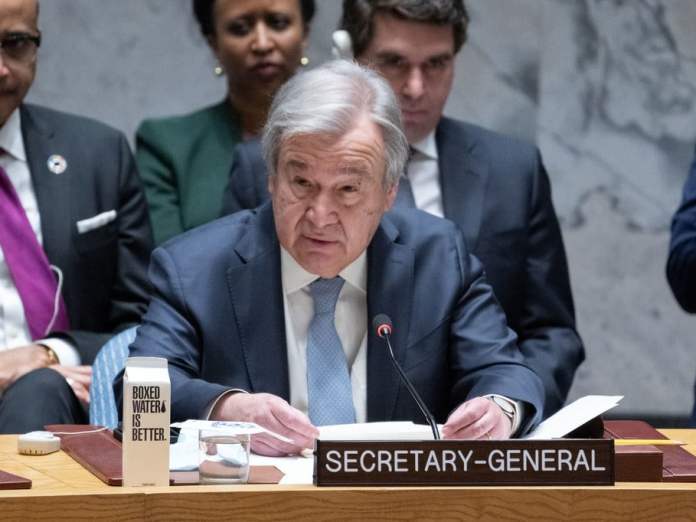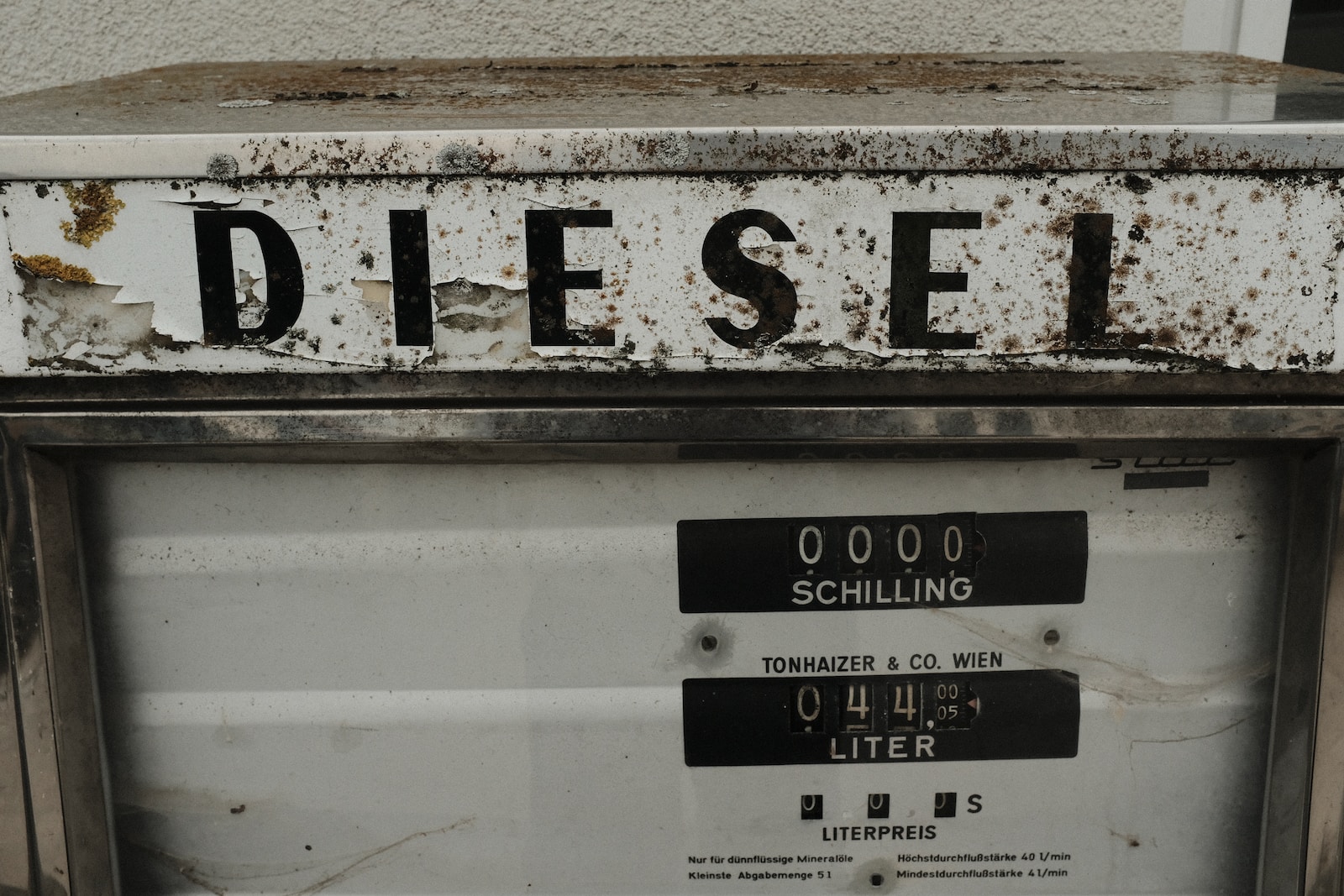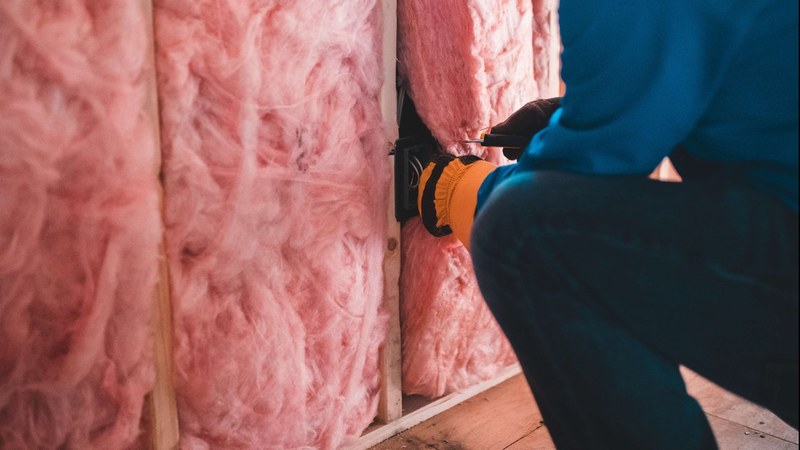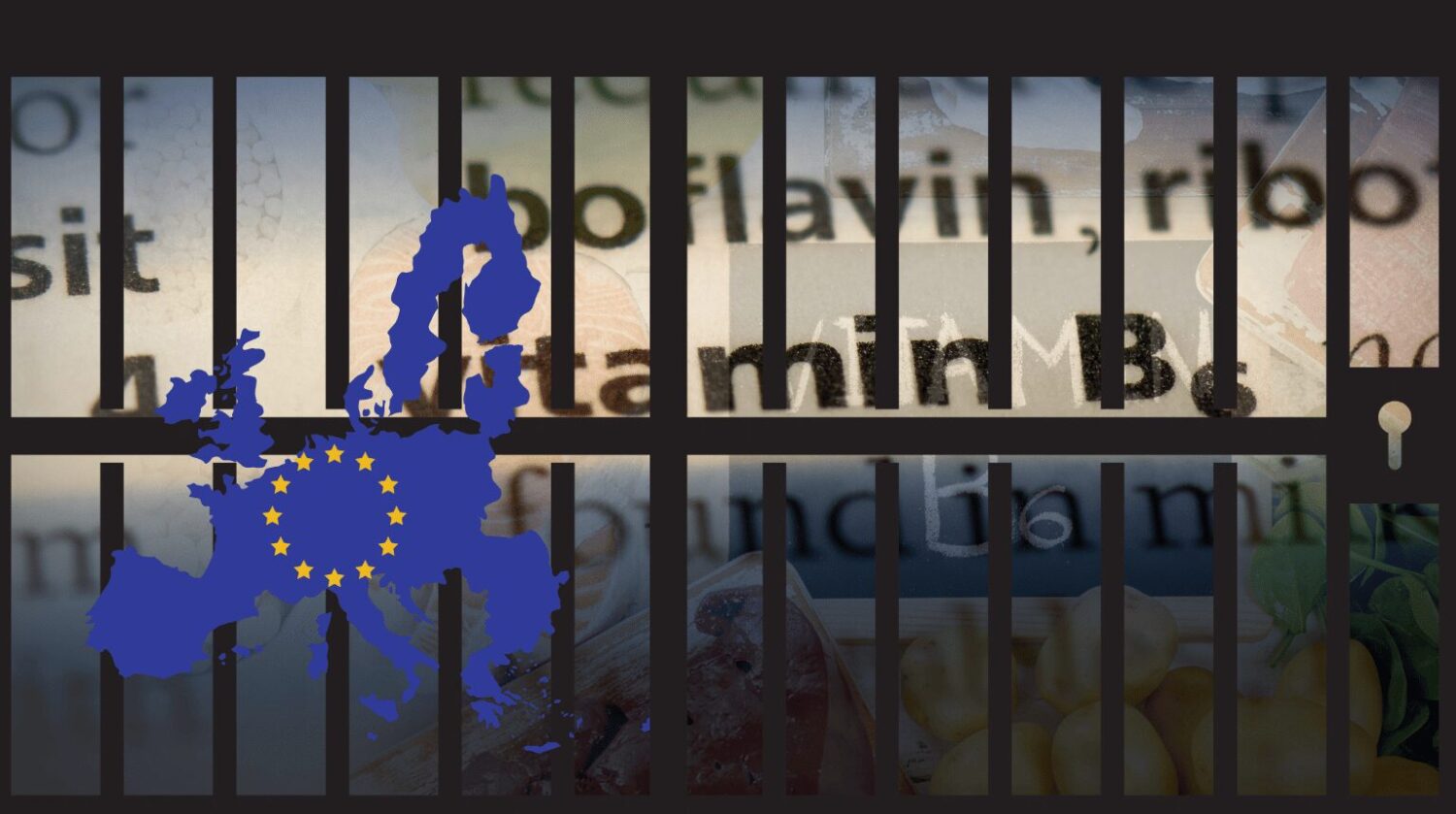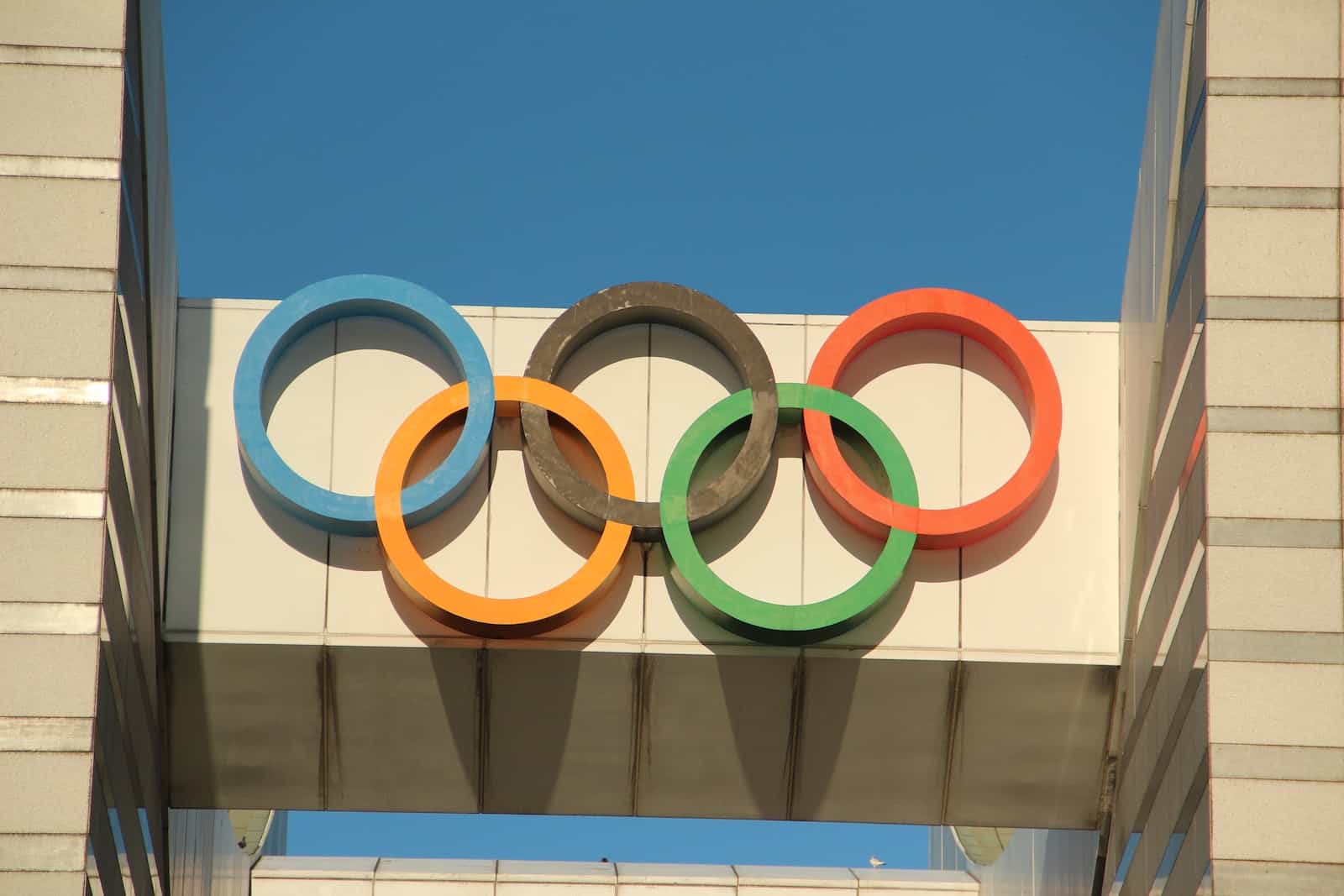On the sad commemoration of one year since Russia’s full-scale invasion of Ukraine, the Council adopted today a tenth package of additional restrictive measures giving another turn of the screw to the government of the Russian Federation and those responsible for Russia’s continuing war of aggression.

PUTIN IS ESCALATING THIS ILLEGAL AGGRESSION, WEAPONISING WINTER, FOOD AND HUNGER. RUSSIA CONTINUES TO SHOW ITS INHUMAN FACE WITH BRUTAL MISSILE TERROR AGAINST CIVILIAN TARGETS. TODAY’S 10TH PACKAGE OF SANCTIONS TARGETS THOSE WHO ARE INSTRUMENTAL IN THE CONTINUATION OF THIS BRUTAL WAR. WE ARE TAKING MORE MEASURES, TACKLING THE BANKING SECTOR, ACCESS TO DUAL-USE TECHNOLOGY AND ADVANCED TECHNOLOGIES. WE WILL CONTINUE TO INCREASE PRESSURE ON RUSSIA – AND WE WILL DO IT FOR AS LONG AS NEEDED, UNTIL UKRAINE IS LIBERATED FROM THE BRUTAL RUSSIAN AGGRESSION.JOSEP BORRELL, HIGH REPRESENTATIVE FOR FOREIGN AFFAIRS AND SECURITY POLICY
Import-export controls and restrictions
Today’s decision imposes further export bans on critical technology and industrial goods, such as electronics, specialised vehicles, machine parts, spare parts for trucks and jet engines, as well as goods for the construction sector which can be directed to Russia’s military, such as antennas or cranes.
The list of restricted items that could contribute to the technological enhancement of Russia’s defence and security sector will now include additional new electronic components that are be used in Russian weapons systems retrieved on the battlefield, including drones, missiles, helicopters, as well as specific rare earth materials, electronic integrated circuits, and thermal cameras.
Dual use goods are also targeted. Today’s decision expands the list of entities supporting directly Russia’s military and industrial complex in its war of aggression by additional 96 entities, thereby imposing tighter export restrictions on them.
For the first time ever, this list will include seven Iranian entities manufacturing military unmanned aerial vehicles, which have been used by Russia’s military in its war of aggression including against civilian infrastructure.
Furthermore the Council decided to prohibit the transit through Russia of EU exported dual use goods and technology, in order to avoid circumvention.
Lastly, further restrictions are imposed on imports of goods which generate significant revenues for Russia, such as asphalt and synthetic rubber.
Broadcasting
In order to address the Russian Federation’s systematic, international campaign of disinformation and information manipulation intended to destabilise its neighbouring countries, the EU and its member states, the Council initiated the process for suspending the broadcasting licences of two additional media outlets: RT Arabic and Sputnik Arabic. These outlets are under the permanent direct or indirect control of the leadership of the Russian Federation and have been used by latter for its continuous and concerted disinformation and war propaganda actions, which legitimise Russia’s aggression and undermine support for Ukraine. In line with the Charter of Fundamental Rights, these measures will not prevent those media outlets and their staff from carrying out activities in the EU other than broadcasting, e.g. research and interviews.
Critical infrastructure
Today’s decision restricts the possibility for Russian nationals to hold any position in the governing bodies of EU critical infrastructures and entities, as Russia’s influence in these bodies could jeopardise their well-functioning and ultimately constitute and hazard for the provision of essential services to the European citizens.
Energy
The Council introduced the prohibition to provide gas storage capacity (with the exclusion of the part of LNG facilities) to Russian nationals, in order to protect the security of gas supply in the EU, and avoid Russia’s weaponisation of its gas supply and risks of market manipulation.
Reporting obligations
In order to ensure the effectiveness of the asset freeze prohibitions, the Council decided to introduce more detailed reporting obligations on funds and economic resources belonging to listed individuals and entities which have been frozen or were subject to any move shortly before the listing. The Council also introduced new reporting obligations to the Member States and to the Commission on immobilized reserves and assets of the Central Bank of Russia. Moreover, aircraft operators will have to notify non-scheduled flights to their national competent authorities, which will then inform other member states.
Individual listings
In addition to economic sanctions, the Council decided to list a significant amount of additional individuals and entities.
Three Russian banks have been added to the list of entities subject to the asset freeze and the prohibition to make funds and economic resources available.
In the European Council conclusions of 9 February 2023, the EU reiterated its resolute condemnation of Russia’s war of aggression against Ukraine, which constitutes a manifest violation of the UN Charter, and has brought immense suffering and destruction upon Ukraine and its people.
Russia must stop this atrocious war immediately.
The European Union will stand by Ukraine with steadfast support for as long as it takes, and remains unwavering in its support for Ukraine’s sovereignty and territorial integrity.
The relevant legal acts will soon be published in the Official Journal of the EU.
- Russia’s war of aggression against Ukraine: EU adopts 9th package of economic and individual sanctions (press release, 16 December 2022)
- EU agrees on level of price caps for Russian petroleum products (press release, 4 February 2023)
- EU response to Russia’s invasion of Ukraine (background information)
- European Council conclusions of 9 February 2023






